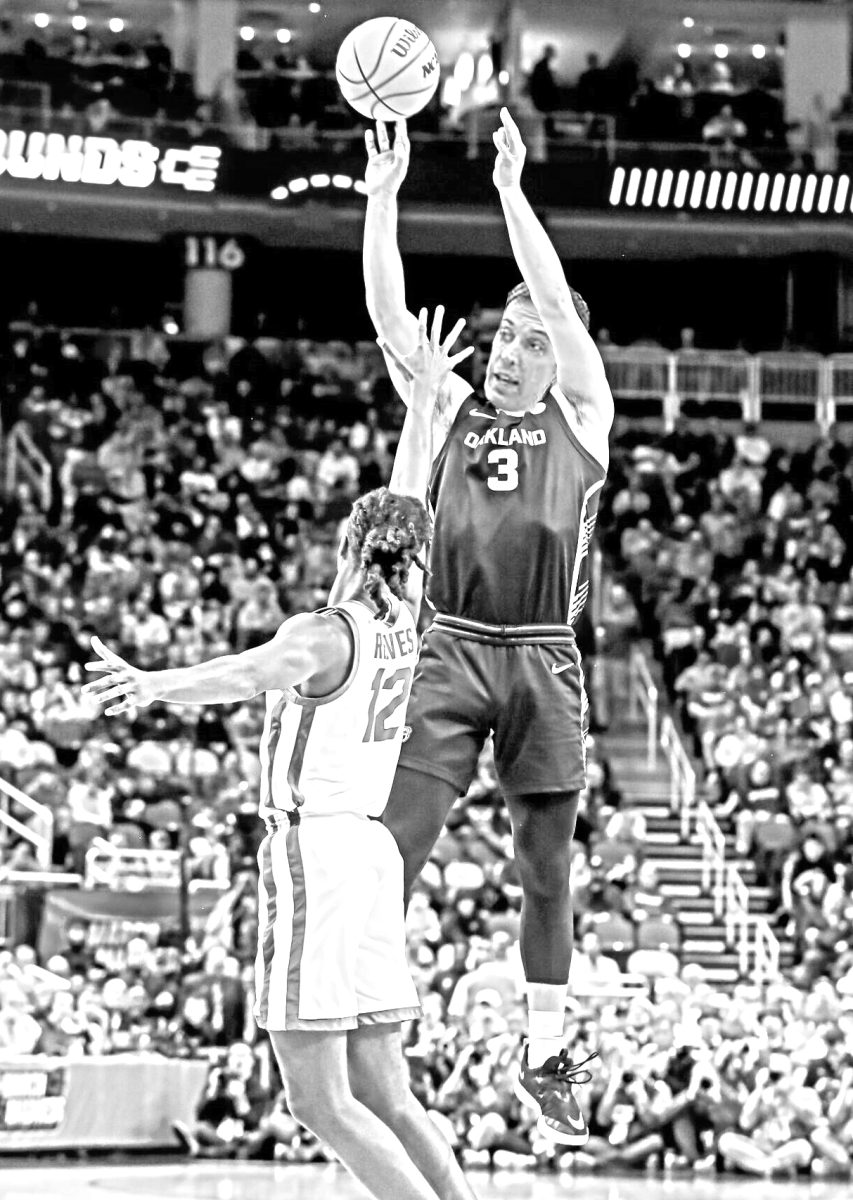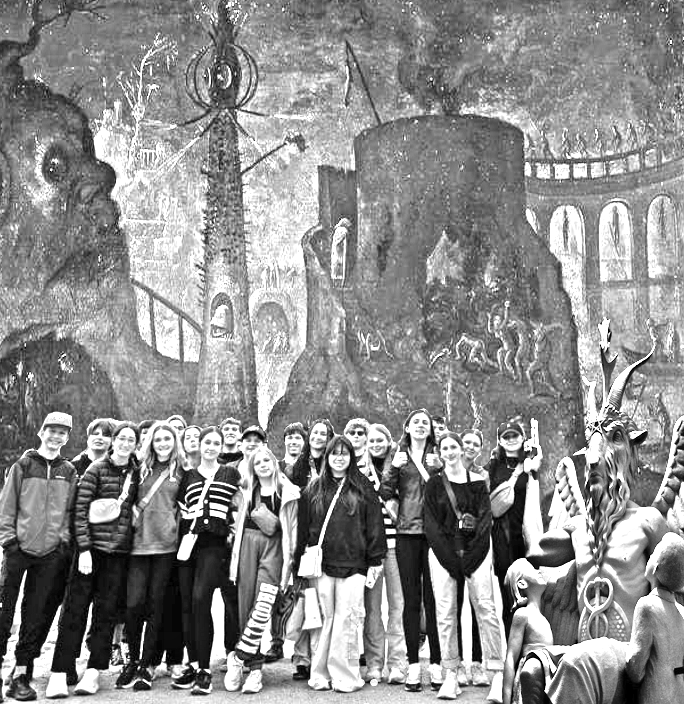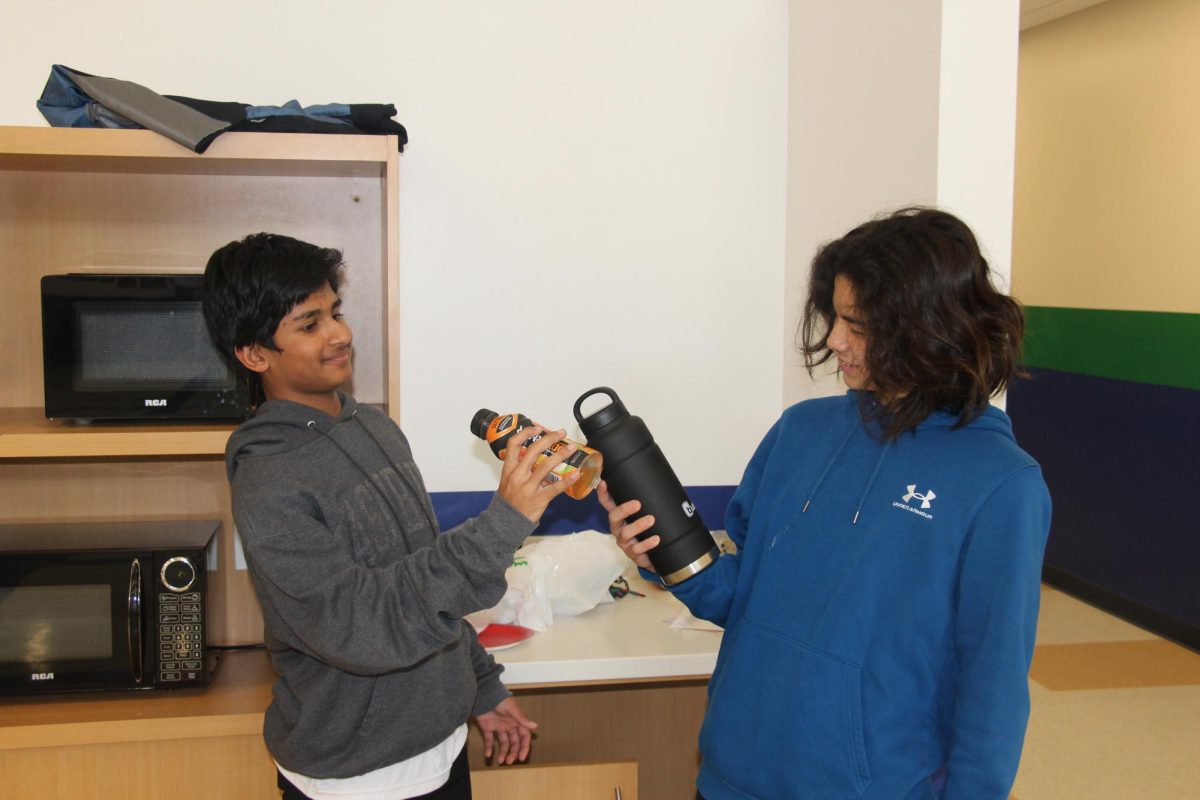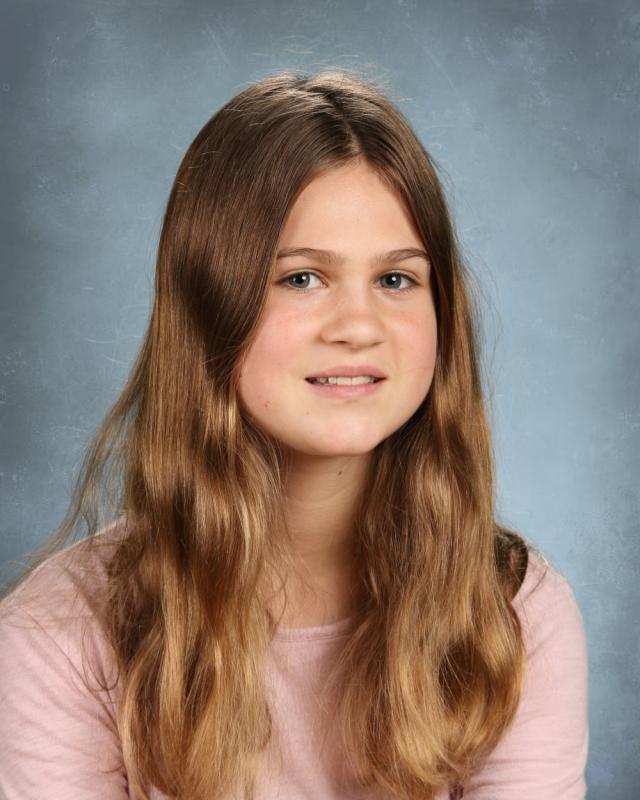How do we become interested in our hobbies? Perhaps it is intrinsic; one is born with a passion and spends their whole life engaging in it. Maybe one is influenced by family and friends. More rarely, though, we have to learn to enjoy something. For me, this was the case with crossword puzzles. Despite initial disinterest, the grids slowly became an integral part of my schedule, enkindling a desire to enhance the Seabury Chronicle with an interactive, satisfying element that I love.
It is first important to understand what a crossword is. The crossword originated in England, created by a journalist and published in the newspaper. Put simply, it is a grid composed of blank and filled squares, and the objective is to use provided clues to fill all the blanks with words both horizontally and vertically. However, the composition of grids can quickly become rather intricate and cryptic.
Faculty member and cruciverbalist Michael Pulsinelli has a few tips for beginners: “You do need to know kind of like the little tricks like ‘e.g.’ means the answer is going to be an [example], and [abbr.] means abbreviation. If it has a question mark, it means it’s going to be a joke or a pun. If it says ‘maybe,’ it means the answers are kind of a stretch. I think knowing those terms really helps out with the crosswords,” he says. Though crosswords contain many complexities, it is the trickiest clues that end up being the most rewarding, so do not be deterred if you have trouble figuring it out at first. In fact, there is no shame in looking up the answer, but it is most pleasing to try and deduce on your own.
In addition to cracking the codes, crosswords offer educational value. “I feel like there are studies out there that say it keeps your brain sharp, [or it can even] stave off Alzheimer’s. I think there [are] some crazy studies out there that [suggest] exercising your brain is like exercising anything else … [It’s] a clever way to keep up with language, and honestly, it helps me a little bit with pop culture. You have to know some rapper names, for instance, and some things that are in the news, and so I like that a lot,” Pulsinelli says.
Crosswords are somewhat subtle in this way, however, because they ultimately serve the purpose of entertainment. For Pulsinelli, he prefers to “do the next day’s crossword at nine o’clock the night before when they are released on the New York Times … to just wind down the day” as he finds it “very relaxing.” Some feel an exhilaration to act like a detective stringing together evidence to solve the mystery.
Despite how much you think you know about crosswords, I urge you to give the ones in the Chronicle a go. You just might find your new hobby.




